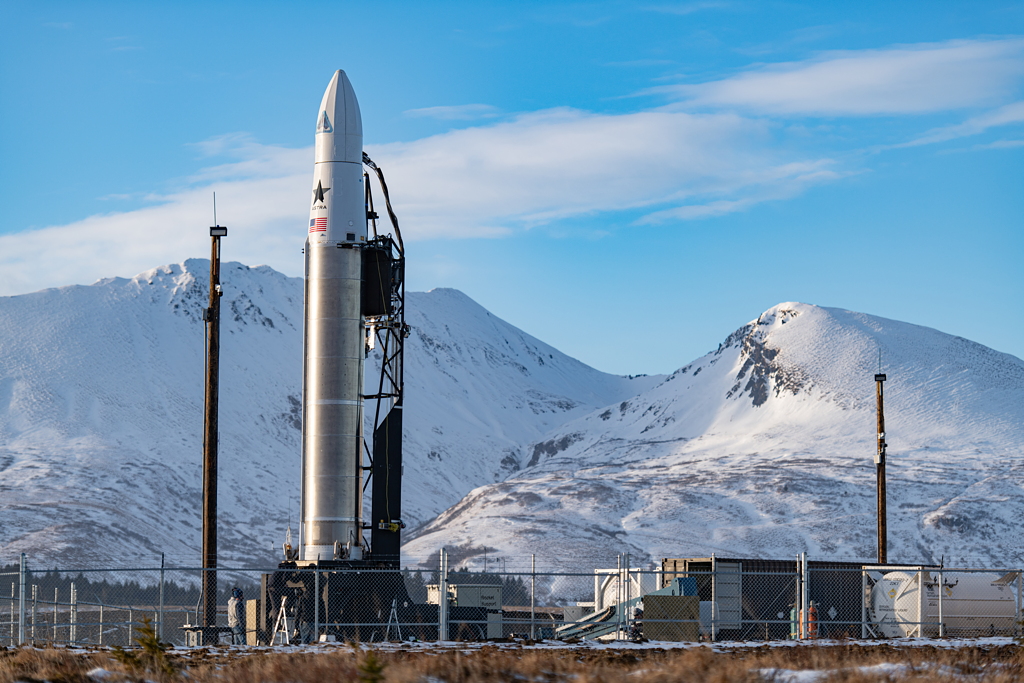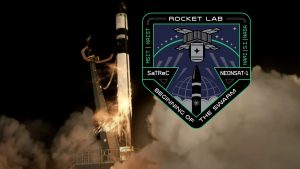Excitement Grows as the Astra Rocket Launch Test Ends in Success
21st Feb 2022
Astra, a newer name in the satellite launch market that wants to get a share of the excellent potential, has test-fired a two-stage rocket in January. It was what the experts call a static fire test, in which the rocket doesn’t leave the ground, and it happened on pad 46 at Cape Canaveral. The test happened in preparation for the first Astra rocket launch that is set to deliver four CubeSat nano-satellites into orbit for NASA.
Preparations for the Next Astra Rocket Launch
The five Delphin engines burned kerosene as fuel, and liquid oxygen fired for around 10 seconds. The test released an exhaust plume that was visible from several miles away, including the beaches south of Cape Canaveral. Following this test, the company is on track to receive their launch licence from the Federal Aviation Administration, and it can start preparing for the Astra rocket launch according to the agreement with NASA.
Small but Powerful
Compared to other rockets launched from Cape Canaveral, Astra’s rocket is quite small. LV0008 is only 13.1 metres tall – roughly the same height as the payload compartment on SpaceX’s Falcon 9. However, it can carry a payload of 50 kilograms into a 500-kilometre polar orbit.
This test follows the first successful Astra rocket launch to low Earth orbit in November, after three attempts that resulted in a loss of speed during the climb into orbit. The mission to launch NASA’s CubeSats satellites is part of the VCLS program, and the US space agency is the sole customer for the upcoming launch.
Among the four satellites that will reach orbit via Astra’s rocket, there’s one developed by the University of California. This satellite will test a small gyroscope while another one, developed by the New Mexico State University, is the Ionospheric Neutron Content Analyzer. So, the following Astra rocket launch will give all these universities the chance to test their projects and improve their future programs.





![ESA’s JUICE Mounts Onto Ariane 5 Ahead Of Launch [UPDATED] ESA’s JUICE Mounts Onto Ariane 5 Ahead Of Launch [UPDATED]](https://orbitaltoday.com/wp-content/uploads/2023/02/ariane-5-juice-mission-300x169.png)
Thank you for your comment! It will be visible on the site after moderation.